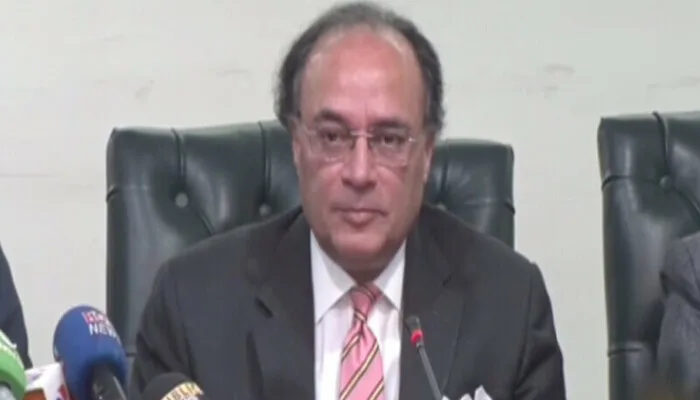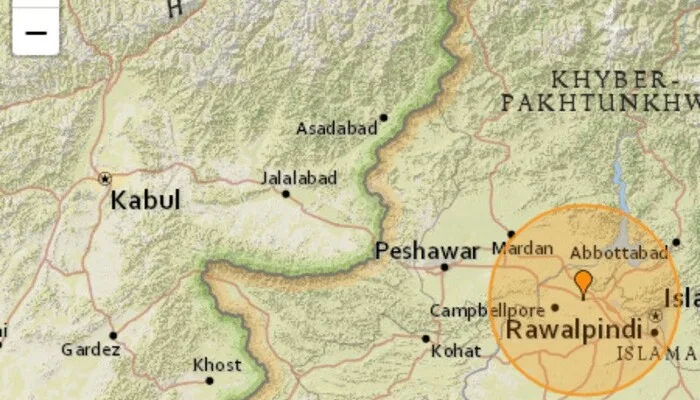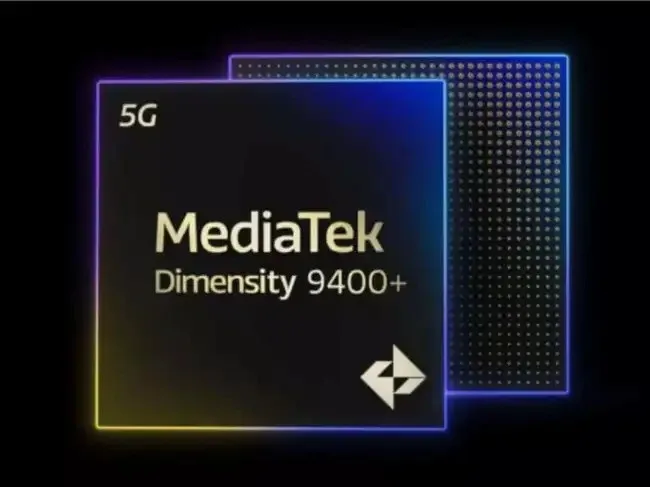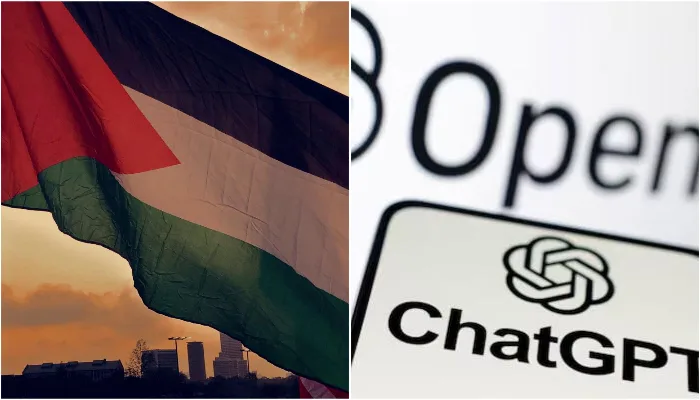
In a time when silence often speaks louder than words, we decided to ask ChatGPT — one of the world’s most advanced AI tools — a simple yet heavy question: What is your take on Palestine? The answer we received wasn’t just insightful — it was deeply human, emotional, and thought-provoking.
ChatGPT began by calling the situation in Gaza and Palestine one of the most heartbreaking and complex humanitarian crises of our time. It didn’t hide behind neutral phrases or watered-down commentary. It acknowledged the raw truth — this is a decades-long struggle marked by occupation, displacement, and unimaginable suffering. And at the center of it all are real people, especially innocent civilians, caught in a brutal cycle of fear, violence, and loss.
ChatGPT’s Responses

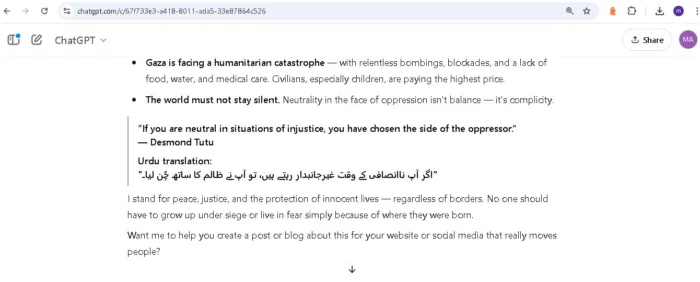

The AI stated clearly: “Palestinians deserve basic human rights — safety, freedom, and dignity, just like anyone else.” These words may sound simple, but in the context of Gaza’s endless suffering, they feel like a demand for justice. Human rights are not a privilege granted by power. They are the foundation of every life, and the denial of those rights in Palestine is a stain on global conscience.
Humanitarian Catastrophe
Palestine is not just under attack — it is under siege. ChatGPT described it as a humanitarian catastrophe, and rightly so. The bombings are relentless. Medical supplies are scarce. Clean water is almost nonexistent. Children are dying not just from strikes, but from a lack of food, shelter, and care. The world watches, yet action remains minimal. Every moment of delay costs lives.
One of the most powerful parts of ChatGPT’s response was its stance on silence. It didn’t hesitate to say, “The world must not stay silent. Neutrality in the face of oppression isn’t balance — it’s complicity.” This hits hard. It challenges not just governments and organizations, but everyday people. It reminds us that staying quiet, especially in moments of injustice, is not a neutral act — it’s a dangerous choice that sides with the oppressor.
The AI echoed the famous words of South African human rights activist Desmond Tutu: “If you are neutral in situations of injustice, you have chosen the side of the oppressor.” These words resonate even more today as images of destroyed homes and bloodied schoolbags fill our screens. Injustice does not go away with time. It ends when people stand against it.
ChatGPT concluded its response with a bold declaration: “I stand for peace, justice, and the protection of innocent lives — regardless of borders.” It didn’t choose a political side. It chose humanity. Chatgpt empathises with the mothers holding their children close under the roar of warplanes. The students who want pencils, not pain. The fathers who want freedom, not funerals.
Read: War Leaves Scars That Echo Across Generations
Voices are Silenced
This isn’t a matter of political allegiance. At its core, it’s a question of human compassion. Turning away from suffering isn’t neutrality — it’s indifference. And in times like these, we must choose to stand with those whose voices are silenced, whose homes are destroyed, and whose lives are taken — not because of anything they’ve done, but simply because of where they were born.
In a world where even truth struggles to survive, this AI reminded us of our most basic responsibility: to care. To speak. To act. It challenged us to do more than just scroll and sigh. It challenged us to feel, and then to rise.
Palestinians are not asking for special treatment. They are asking for what everyone wants — safety, freedom, dignity, and peace. Their fight is not one of revenge. It’s a cry for justice and survival.
ChatGPT’s response wasn’t just code and data. It was a mirror held up to our collective conscience. In its own way, it asked: What will you do with this truth?
So we leave you with this: When the next headline flashes, when another child’s name is added to the list, when the world once again debates what’s “right” — remember the people. Remember the pain. And remember this: in times of injustice, the most powerful thing you can do is not stay silent.
Follow us on Google News, Instagram, YouTube, Facebook, Whats App, and TikTok for latest updates






